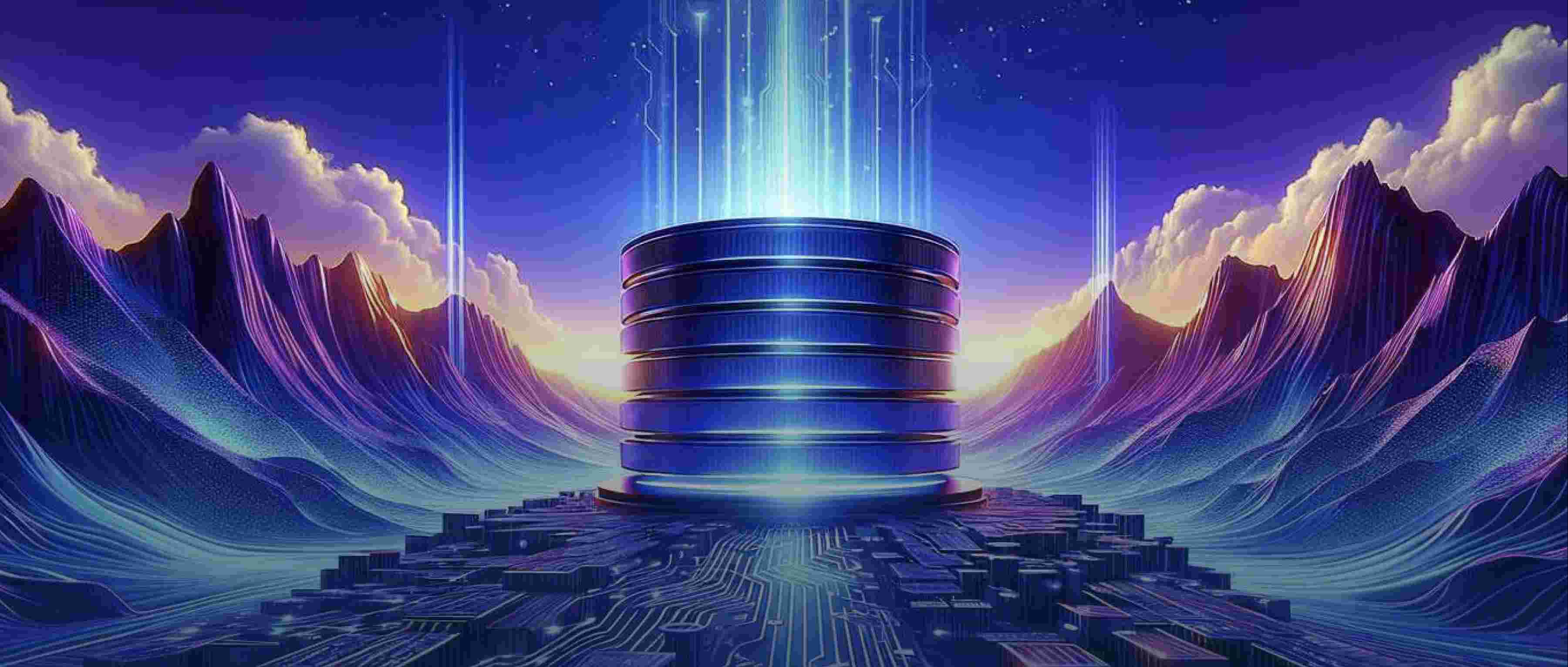Apache Spark is an open-source distributed computing system that allows developers to process large amounts of data quickly and efficiently. It can be used to build scalable recommendation engines by leveraging its powerful data processing capabilities and built-in machine learning library, MLlib. With Spark, developers can handle vast datasets that are common in recommendation systems, leading to more personalized and effective user experiences.
To build a recommendation engine with Spark, developers typically use collaborative filtering techniques. One common method is the Alternating Least Squares (ALS) algorithm, which Spark supports. This involves estimating the preferences of users for certain items based on the preferences of similar users. For instance, if User A and User B have rated similar items, and User A liked a new item that User B hasn't rated yet, the recommendation engine can suggest that item to User B. Using Spark's distributed architecture, this computation can be done quickly even with millions of users and items, ensuring that the system scales well as the amount of data grows.
In addition to collaborative filtering, Spark allows for the integration of content-based filtering techniques. Developers can combine features about items, like genre, description, and keywords, to improve recommendations. By using Spark's DataFrame API, developers can easily manipulate data and create a unified dataset that combines user ratings with item features. This flexibility enables more sophisticated models, leading to better recommendations. Overall, Apache Spark provides a robust platform for building scalable recommendation engines that can adapt to large datasets and changing user preferences.
